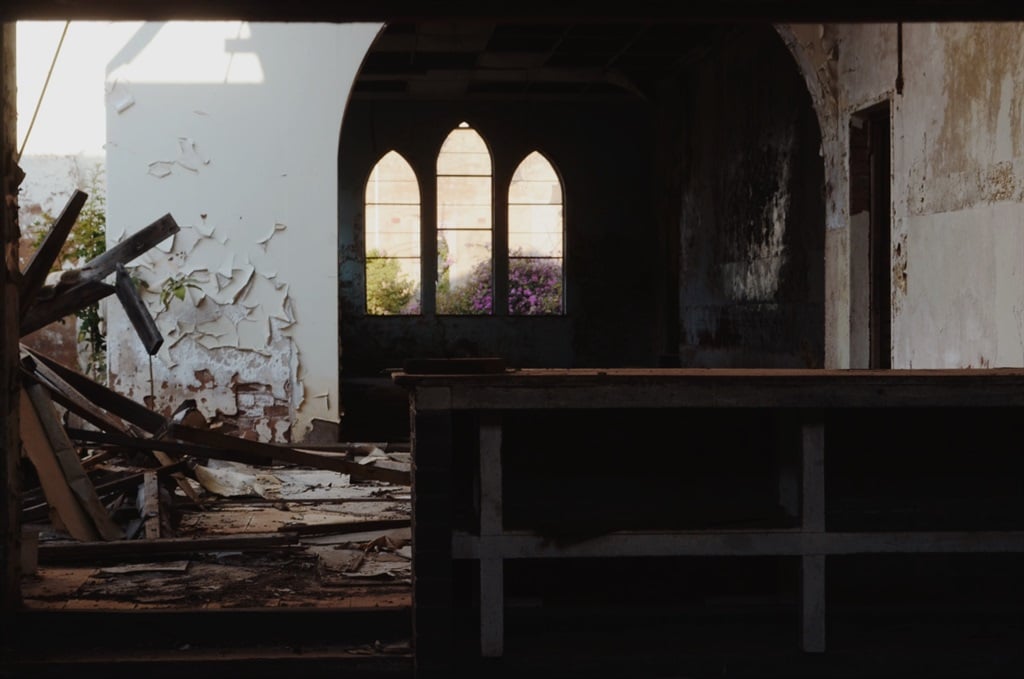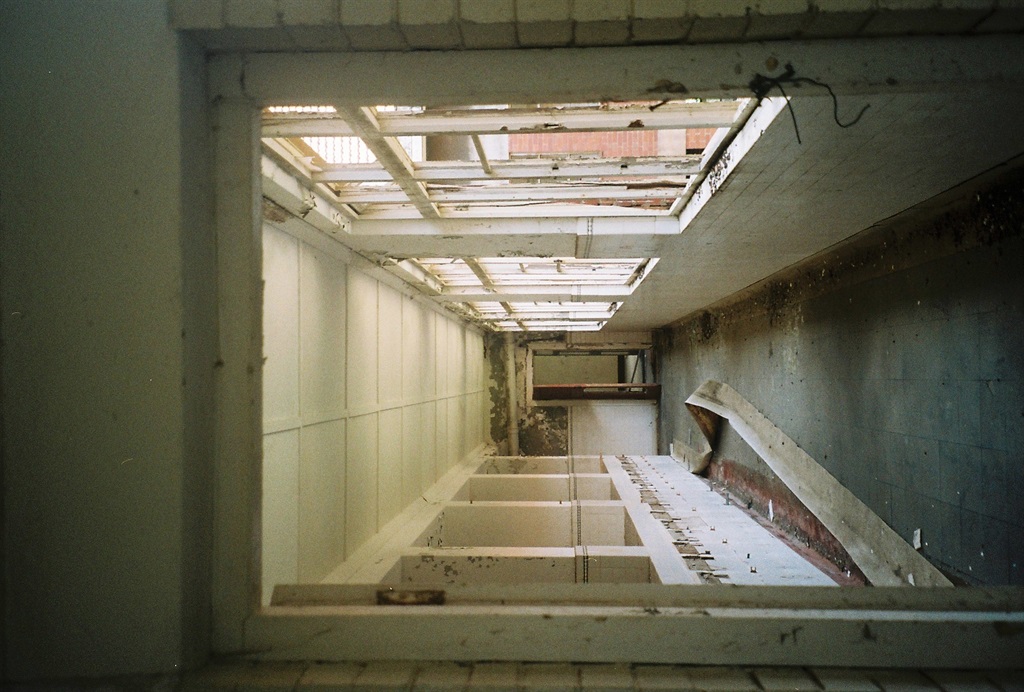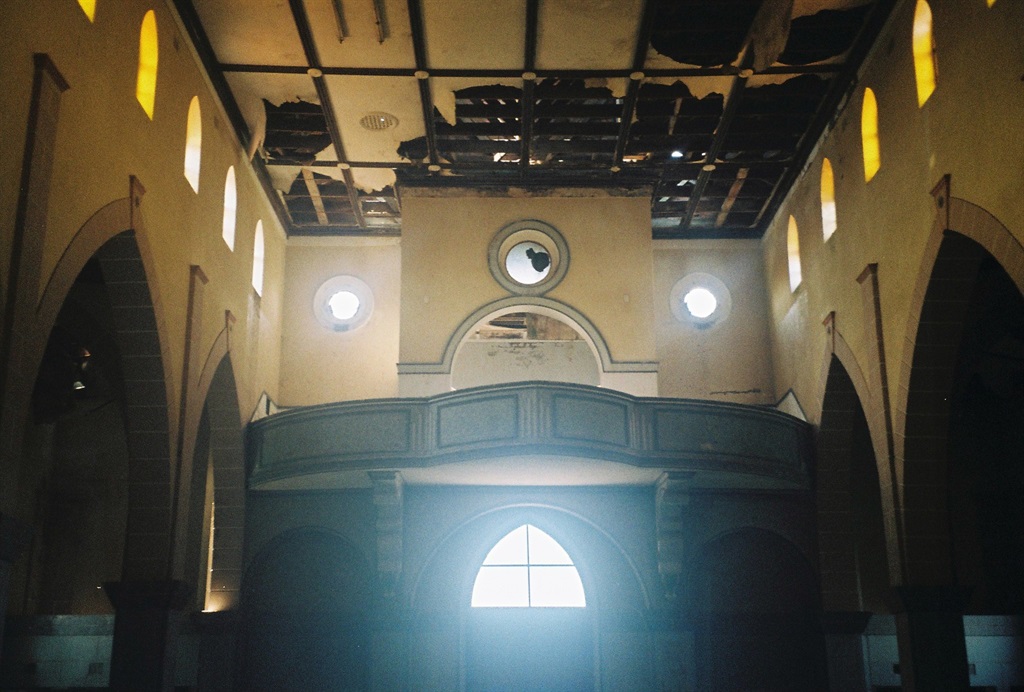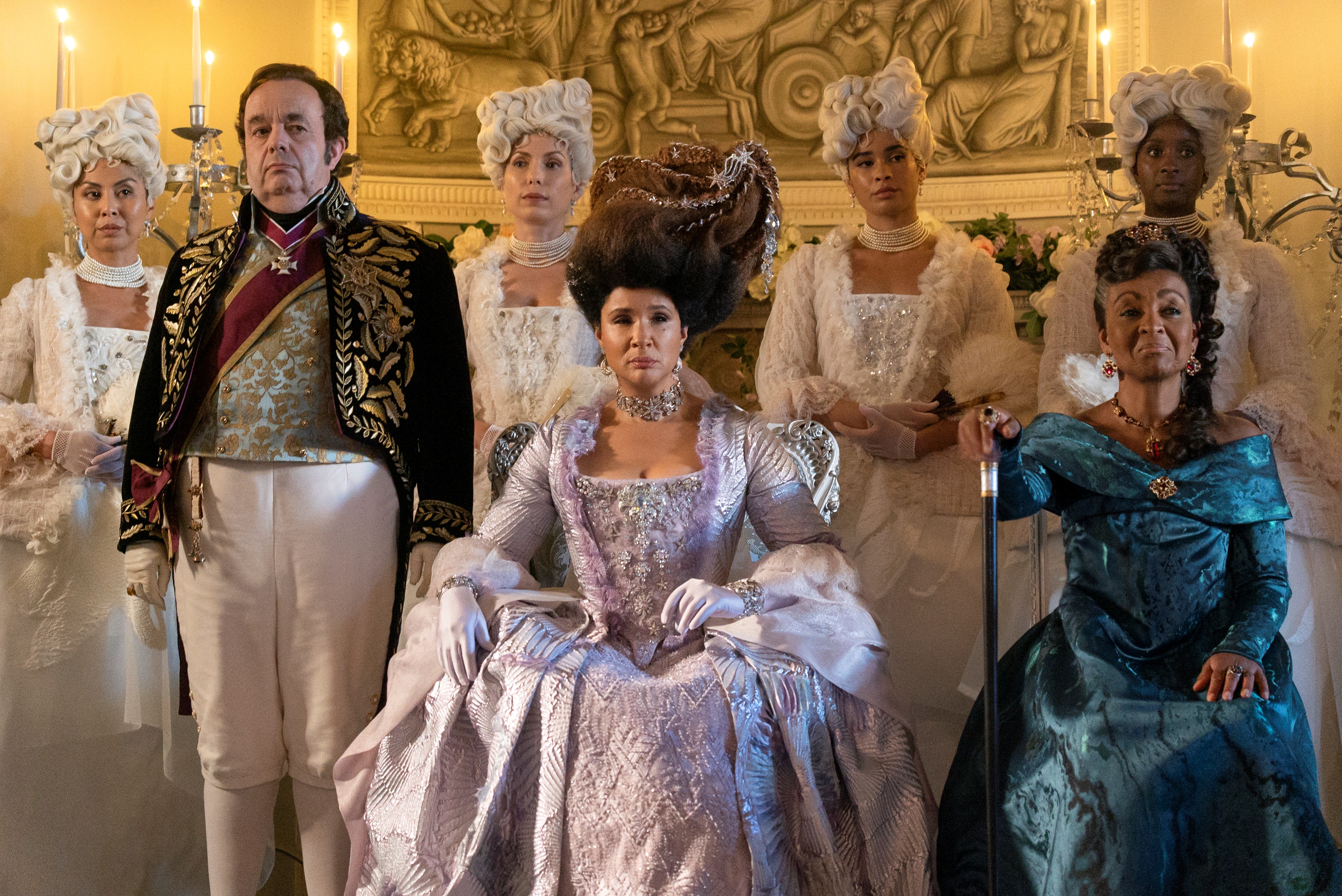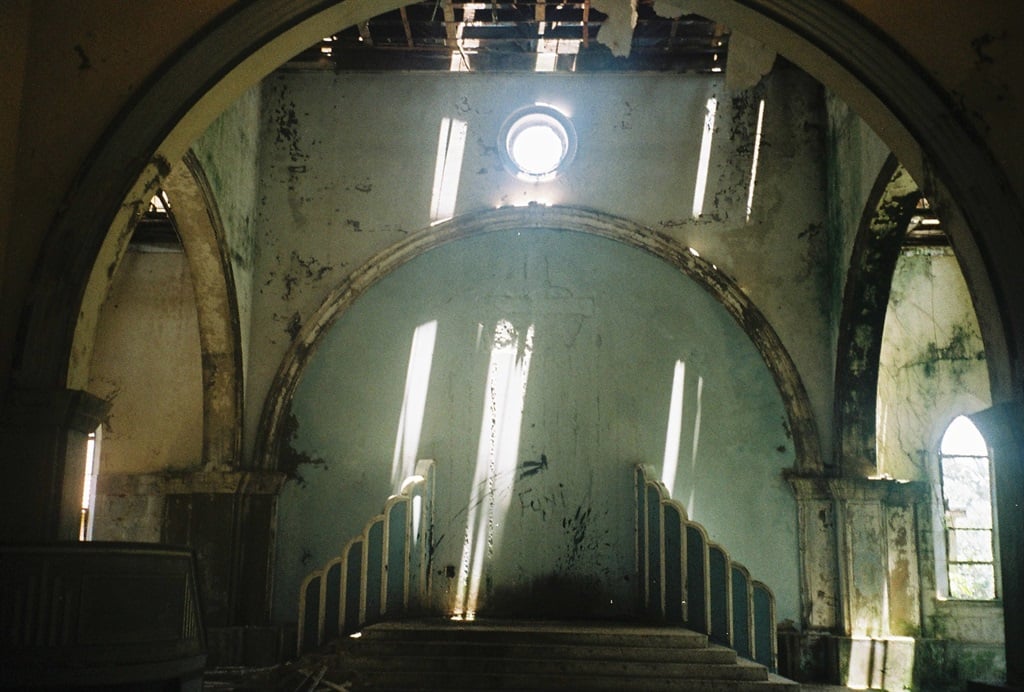
In a country like South Africa, where the gap between rich and poor is too evident to ignore, the poor and homeless are somehow still ignored and forgotten. Visual artist Mara Mbele is seeking to flip the narrative with powerful images that seek to recognise those that society would rather forget with her No Longer, Not Yet exhibition.
The 27-year-old masters in media studies student at Wits University began their journey in the creative industry when they were still a child. Through mediums, such as painting, drawing and finally photography, Mbele was able to discover not only their true talent but the passion they had for documenting marginalised communities.
READ: Has the time come for young people to lead South Africa?
Their passion for the craft would take them on a journey, and they finally found film photography. From that point on, Mbele sought to capture moments with spontaneity always at the forefront of their explorations.
“It’s funny, when I was 14 years old, the first camera I got was a film camera, and little did I know it would influence my work so much. I tried other forms of photography with different cameras but for some reason, my film camera just kept calling me back. I love playing with the temporality of film. It really speaks to me,” Mbele said.
Informed by the spontaneity of their film camera, Mbele continuously pushes the boundaries of their practice throughout creating photography on film.
“I think what has always been intriguing to me is the fact that photography on film is literally just thrusting yourself into the unknown. You can’t see the negatives in the moment, or look back at what you’ve taken and do it again like you do with a digital camera.
Mbele remembered their first photographic series they made when they were 16. They took to the streets of Braamfontein in Johannesburg, where they were able to take something that would inform their art for years to come. Within the hustle and bustle of Johannesburg city life, they captured the harrowing living circumstances that were forced onto the homeless who occupied spaces in abandoned buildings and under bridges.
READ: Pushing boundaries with Mercy Thokozane Minah
Catapulting from this singular moment in their creative journey, everything finally came full circle for them with their latest exhibition No Longer, Not Yet, which took place at the Keleketla Library in Johannesburg. The series No Longer, Not Yet sought to largely represent and expose places in the city that represented what it meant to live in a hegemonic society where people would rather forget than acknowledge those on the fringes of society.
“No longer speaks to certain spaces no longer being relevant to hegemonic societies, while not yet speaks to the sense that we have not yet reached even a comprehendible utopia for marginalised identities. It speaks to how spatiality and temporality are intertwined, so, how the afterlives of buildings and spaces we leave behind actually speak to and influence those on the outskirts of society and the way they use these spaces as functional spaces for themselves.”
For this exhibition, Mbele had two specific locations in mind. The first being St Elmo’s Convent, an abandoned nunnery located in KwaZulu-Natal, and the streets of Melville, where their interest peaked due to the double functionality of the space, as it is used as a party spot, but also as a home for the homeless.
“I was so surprised by St Elmo’s. It is absolutely abandoned and a wreck to be honest, the only life there is the life that has been forgotten. Melville was a fun and interesting space to shoot, it was so amusing to me how differently people were using this single space. I loved these locations because they rang true to the nature of my art, [St] Elmo’s is at the top of a hill like on the side of a road where no one goes, and Melville's danger just seemed like it would really speak to what I was looking for and the point I was trying to make,” Mbele said.
READ: Love longevity on the dance floor
For Mbele, much of the exhibition has served a higher purpose of allowing them to understand more in depth their positionality and class in the country as a black person who passes for racially ambiguous and also as someone who does not live the same reality as many of the people who live in the spaces they photograph. Mbele also noted that finding a balance between creating art and voyeurism was very difficult, and a boundary they worked extensively not to cross.
“I understand where I stand in the world, and what my existence means. Which is why it was important for me not to exploit any person, and rather capture the spaces.
With a powerful message and some groovy advertisement in the form of posters reminiscent of the “find lost lover,” notices we see in the CBD and deep in town, Mbele has been able to capture two demographics in one tale, and the disparity that exists within our country.
In closing, Mbele wants us to see what we are doing to our country and the people in it, and hopes to continue creating art that truly captures the essence of the forgotten.
For those who missed the exhibition, their photo series No Longer, Not Yet will be available in photobook form and can be purchased via their email and social media.




 Publications
Publications
 Partners
Partners





